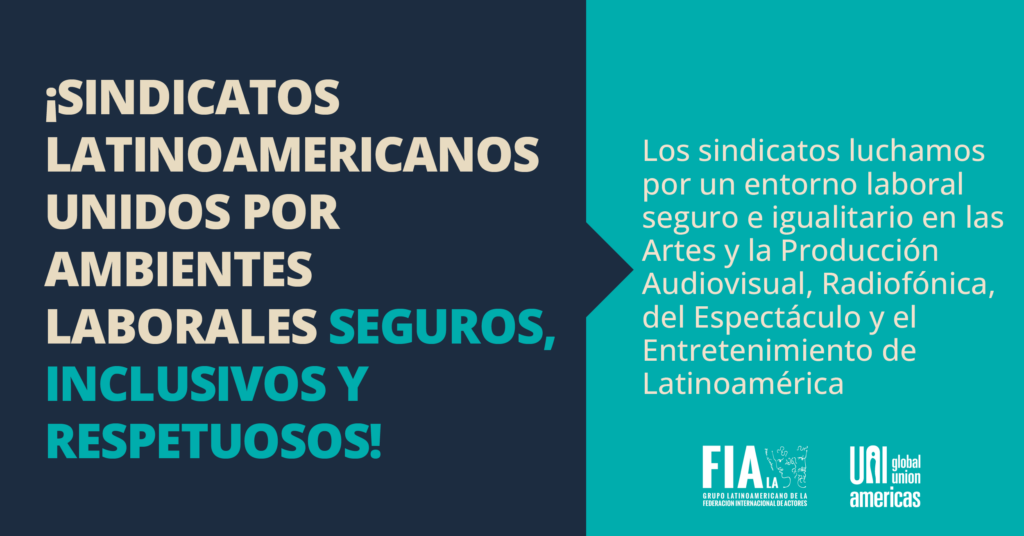FIA members remember with great clarity the furore that surrounded the 2010 ‘Hobbit Law’ in New Zealand, passed in haste to address producer concerns around potential unpredictability of labour conditions. It designated all film industry workers as ‘independent contractors’, effectively depriving them of their collective labour rights, with a direct impact on working time, holiday and rest periods, as well as conditions for termination.
It is a long-standing claim of Equity New Zealand, that these sectoral workers, regardless of contractual status, should enjoy their fundamental rights of freedom of association and collective bargaining. FIA has long supported the union’s advocacy efforts on behalf of performers and other workers and warmly welcomed the news in 2018 that a government-convened, Film Industry Working Group (FIWG), bringing together a range of key industry stake-holders (including Equity New Zealand), had been tasked with drawing-up recommendations for the government on how collective bargaining could be restored to its vital place in the industry.
On the 8th of October 2018, the working group issued its recommendations. The working group is proposing a model that reflects the sector’s uniqueness. It retains parts of the current law, but also allows contractors to bargain collectively and it establishes principles that promote strong, productive relationships. The recommendations include:
· – keeping the part of the current law that says film workers are only employees if they have a written employment agreement. This provides the certainty of cost and flexibility of conditions needed in the screen industry.
· – allowing contractors to bargain collectively at an occupation level within the screen industry, such as amongst actors or technicians. The process will be supported by principles, set requirements (and a duty to conclude), and a dispute resolution system. Any resulting collective contracts should apply to all contract work in that occupation.
· – establishing principles that govern relationships in the screen industry, including good faith, protection from bullying, discrimination and harassment, reasonable termination of contracts, and fair rates of pay.
· – applying the model to all screen production work, including film and television, to accurately reflect the industry in New Zealand. The screen sector is increasingly fluid for workers and producers, due to changes in technology and viewing habits. Many workers frequently move between the two, and projects increasingly do not fall neatly into either the ‘film’ or ‘television’ production.
FIA welcomes these robust recommendations and invites the New Zealand Government to act quickly to restore collective labour rights to performers and other workers active in the New Zealand film industry.
You can read the full report from the FIWG online here:
https://www.mbie.govt.nz/info-services/employment-skills/legislation-reviews/film-industry-working-group





